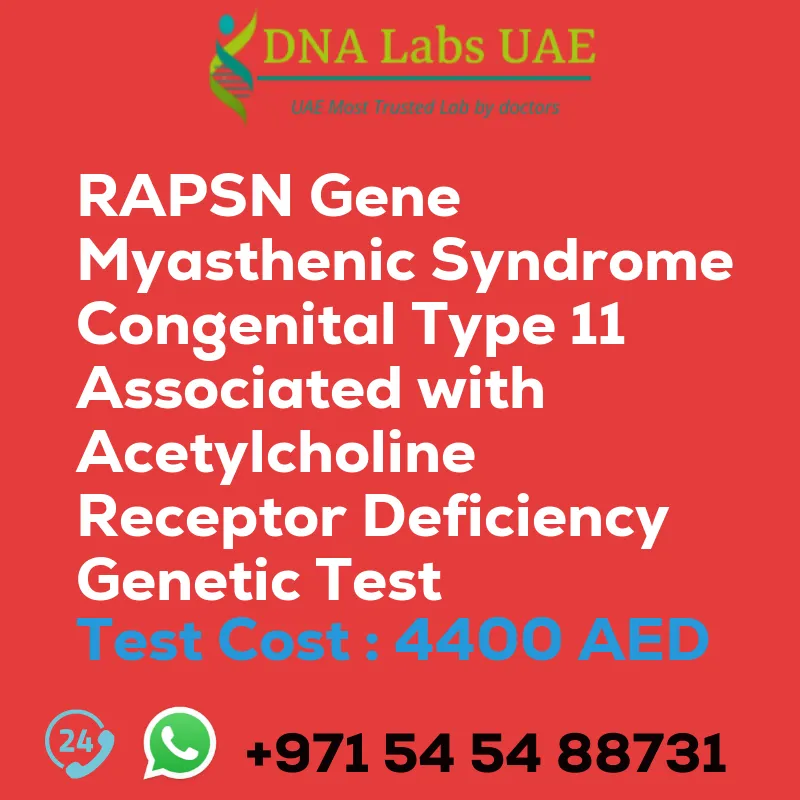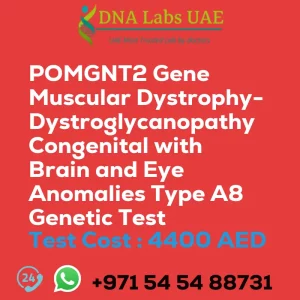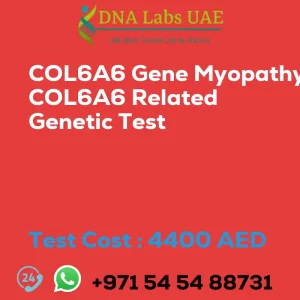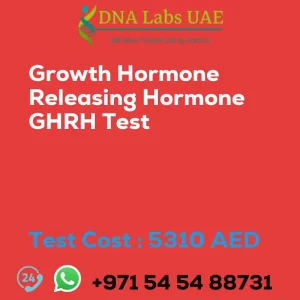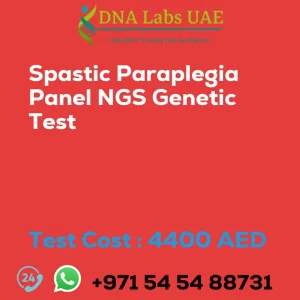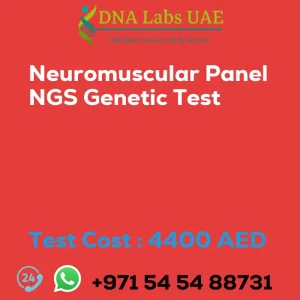Genetic Lab Blog: RAPSN Gene Myasthenic Syndrome Congenital Type 11 Associated with Acetylcholine Receptor Deficiency
Are you or a loved one experiencing muscle weakness and fatigue? It could be a result of RAPSN gene myasthenic syndrome, congenital, type 11, associated with acetylcholine receptor deficiency. This rare genetic disorder can have a significant impact on your daily life, but there is hope for diagnosis and treatment through genetic testing.
Understanding RAPSN Gene Myasthenic Syndrome Congenital Type 11
RAPSN gene myasthenic syndrome, congenital, type 11 is a genetic disorder characterized by muscle weakness and fatigue. It is caused by mutations in the RAPSN gene, which is responsible for producing a protein called receptor-associated protein of the synapse (RAPSN). This protein plays a crucial role in the clustering and stabilization of acetylcholine receptors at the neuromuscular junction, where nerve signals are transmitted to muscle cells.
Individuals with this condition have a deficiency of acetylcholine receptors at the neuromuscular junction, leading to impaired transmission of nerve signals and muscle weakness. Symptoms typically appear in infancy or early childhood and can vary in severity. Common signs include difficulty breathing, swallowing, and speaking, as well as muscle weakness and fatigue that worsen with activity.
The Role of Genetic Testing
Genetic testing, specifically NGS technology (next-generation sequencing), is a valuable tool in diagnosing RAPSN gene myasthenic syndrome, congenital, type 11. This diagnostic tool identifies mutations in genes associated with genetic disorders, including the RAPSN gene. By detecting these mutations, genetic testing can confirm a diagnosis and provide essential information about the specific genetic mutation involved.
NGS genetic testing is particularly useful for genetic counseling and family planning. Understanding the specific genetic mutation can help individuals and their families make informed decisions about their health and future. However, it’s important to note that NGS genetic testing may not be available in all healthcare settings, and the specific genes included in the test may vary.
The Genetic Testing Process
If you suspect RAPSN gene myasthenic syndrome, congenital, type 11, it is crucial to consult a neurologist for a proper diagnosis. The genetic test for this condition involves the following details:
Test Name: RAPSN Gene Myasthenic Syndrome Congenital Type 11 Associated with Acetylcholine Receptor Deficiency Genetic Test
- Components: NGS Technology
- Price: 4400.0 AED
- Sample Condition: Blood or Extracted DNA or One drop Blood on FTA Card
- Report Delivery: 3 to 4 Weeks
- Test Type: Neurological Disorders
- Doctor: Neurologist
- Test Department: Genetics
Prior to the genetic test, a genetic counseling session is recommended. This session will involve drawing a pedigree chart of family members affected by RAPSN gene myasthenic syndrome, congenital, type 11, associated with acetylcholine receptor deficiency. This information will provide a comprehensive understanding of the genetic condition within the family.
Conclusion
If you or a loved one are experiencing symptoms of muscle weakness and fatigue, it’s essential to consult a neurologist and consider genetic testing for RAPSN gene myasthenic syndrome, congenital, type 11. NGS genetic testing can provide a definitive diagnosis and offer valuable information for genetic counseling and family planning.
Remember, each individual’s situation is unique, and the availability and appropriateness of NGS genetic testing may vary. It is best to consult with a geneticist or genetic counselor for personalized guidance and support.
| Test Name | RAPSN Gene Myasthenic syndrome congenital type 11 associated with acetylcholine receptor deficiency Genetic Test |
|---|---|
| Components | |
| Price | 4400.0 AED |
| Sample Condition | Blood or Extracted DNA or One drop Blood on FTA Card o |
| Report Delivery | 3 to 4 Weeks |
| Method | NGS Technology |
| Test type | Neurological Disorders |
| Doctor | Neurologist |
| Test Department: | Genetics |
| Pre Test Information | Clinical History of Patient who is going for RAPSN Gene Myasthenic syndrome, congenital, type 11, associated with acetylcholine receptor deficiency NGS Genetic DNA Test A Genetic Counselling session to draw a pedigree chart of family members affected with RAPSN Gene Myasthenic syndrome, congenital, type 11, associated with acetylcholine receptor deficiency |
| Test Details |
RAPSN gene myasthenic syndrome, congenital, type 11 is a rare genetic disorder characterized by muscle weakness and fatigue. It is caused by mutations in the RAPSN gene, which is responsible for producing a protein called receptor-associated protein of the synapse (RAPSN). This protein is involved in the clustering and stabilization of acetylcholine receptors at the neuromuscular junction, where nerve signals are transmitted to muscle cells. Individuals with this condition have a deficiency of acetylcholine receptors at the neuromuscular junction, leading to impaired transmission of nerve signals and muscle weakness. Symptoms usually appear in infancy or early childhood and can vary in severity. Common signs include difficulty breathing, swallowing, and speaking, as well as muscle weakness and fatigue that worsen with activity. NGS genetic testing, also known as next-generation sequencing, is a diagnostic tool used to identify mutations in genes associated with genetic disorders. In the case of RAPSN gene myasthenic syndrome, congenital, type 11, NGS genetic testing can be used to detect mutations in the RAPSN gene. This can help confirm a diagnosis and provide information about the specific genetic mutation involved, which can be useful for genetic counseling and family planning. It’s important to note that NGS genetic testing may not be available in all healthcare settings, and the specific genes included in the test may vary. A geneticist or genetic counselor can provide more information about the availability and appropriateness of NGS genetic testing for a particular individual. |

